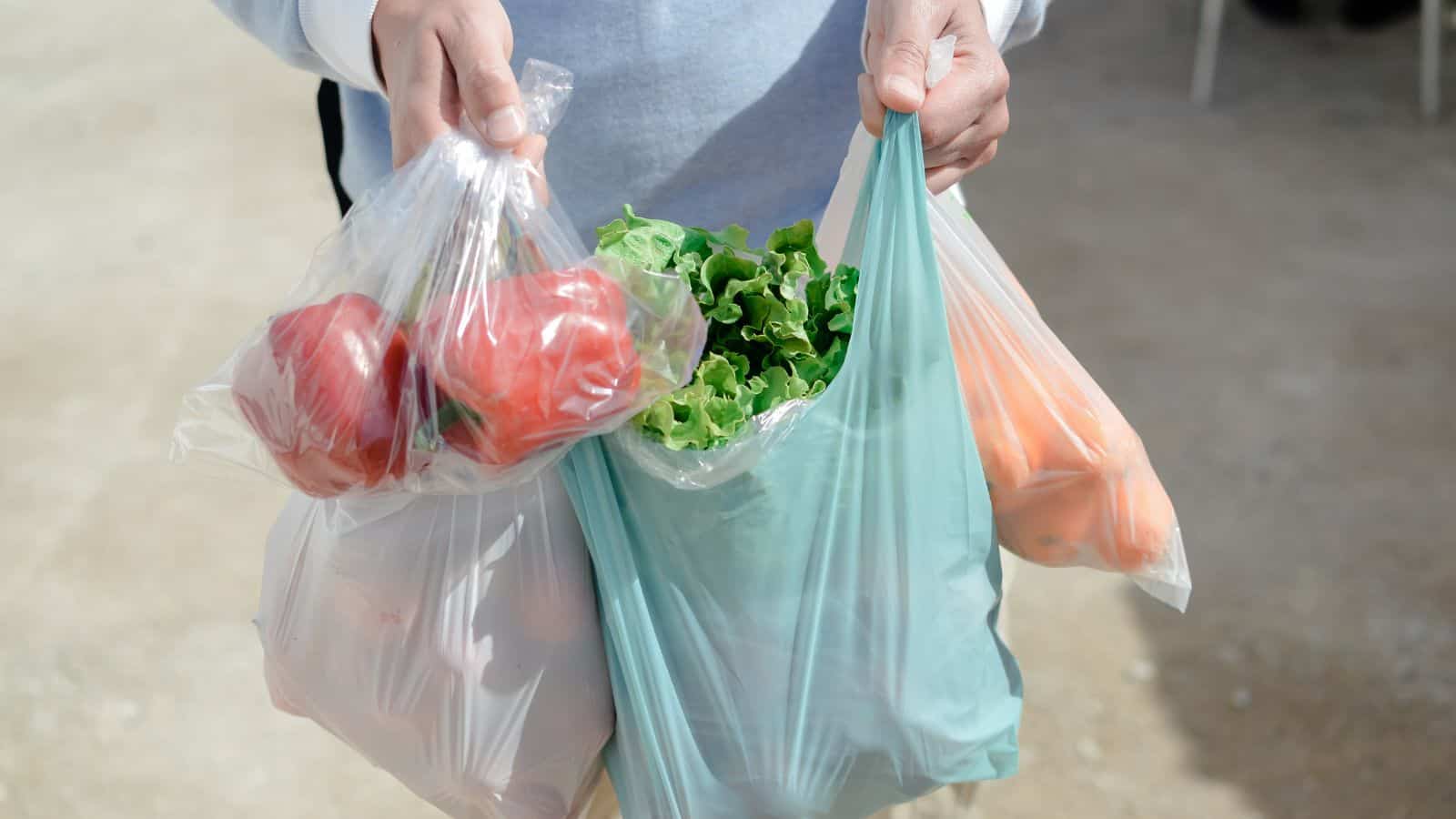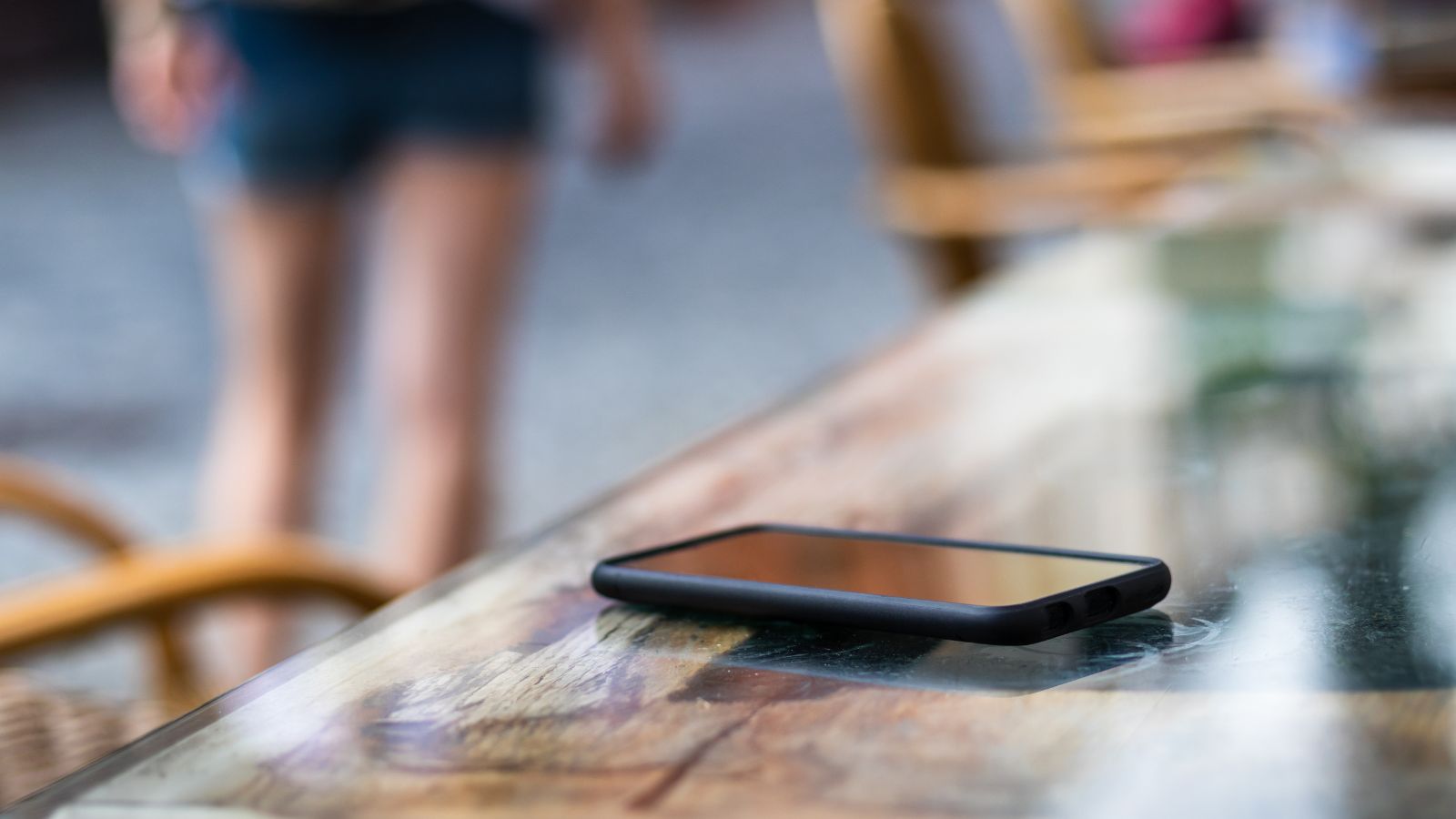Most people have bad habits, and while there is a lot that you’d publicly speak about—like drinking too much coffee or always running late—there are also those that many of us are guilty of but don’t talk about often enough. If you want to see if you’re part of the majority, check out the following 19 bad habits that you’re probably guilty of.
Overusing Plastic Bags

Even with the rise of tote bags and other eco-friendly alternatives, it’s easy to forget and grab a plastic bag out of habit, and while you might think, “It’s just one bag,” those “just ones” add up quickly. Before you know it, you’ve got a drawer overflowing with them—and that’s just in your home.
Apologising Too Much

Sometimes, a simple “thank you for your patience” or saying nothing at all works much better than an apology; if you’ve ever said “sorry” when someone bumped into you, you’re probably guilty of this classic British habit. Apologising can be polite and considerate, but overdoing it can become self-sabotaging.
Leaving Clothes in the Washing Machine

How many times have you thrown in a load of laundry, completely intending to hang it up right after the cycle ends, only to forget about it until hours (or days) later? That damp, musty smell is never pleasant and often means re-washing everything, plus, it just adds to the never-ending laundry cycle that no one particularly enjoys.
Scrolling Social Media Before Bed

It starts so innocently—just a quick scroll to unwind, but before you know it, hours have passed, and you’re deep into videos of cats doing tricks or debates you didn’t need to join. It’s not just the time you lose either, as staring at your phone’s bright screen tricks your brain into thinking it’s still daytime.
Leaving Your Phone on the Table During Meals

Though it might seem harmless to leave your phone out on the table—it’s just sitting there, right?—you should think about how distracting it can be.
Even a quick glance at a notification can derail a meaningful conversation or interrupt a moment of connection, and it sends the message that whoever you’re with isn’t your priority.
Hitting Snooze Too Many Times

We all know this feeling, when the alarm rings, and we convince ourselves that just five more minutes will somehow make getting up easier, yet those extra snoozes rarely leave you feeling refreshed. In fact, they do the opposite, breaking up your sleep cycle and making it harder to start the day with energy, and before you know it, you’re scrambling to get ready.
Procrastinating Tasks Until the Last Minute

There’s always that one thing we put off—whether it’s a work deadline, a tedious chore, or even something fun like planning a trip—and at first, it’s easy to justify: “I’ll do it later when I have more time or energy.” The closer that deadline looms, though, the more stressful it becomes.
Saying “Yes” to Everything

Constantly prioritising others’ needs over your own can lead to burnout, leaving you resentful or exhausted, when sometimes, a polite “no” is the kindest option for everyone. If you’ve ever agreed to something just because it felt easier than saying no, you’re not alone.
Overworking Without Breaks

Your brain and body need time to recharge, even if it’s just a quick walk around the room or a cuppa, and without regular pauses, it’s only a matter of time before fatigue and stress catch up with you.
When you’re on a roll with work, it’s easy to tell yourself you’ll take a break “after one more task,” nevertheless it’s anything but productive.
Biting Your Nails

Nail-biting often happens without thinking—it’s a knee-jerk reaction to stress, boredom, or even just a moment of idleness, a common habit but also one of the most unsightly. It leaves your hands looking ragged, not to mention it’s not exactly hygienic thanks to that fact that your hands encounter germs all day long.
Ordering More Food Than You Can Eat

It’s so easy to overestimate your appetite, especially when you’re hungry, and everything on the menu looks delicious. You pile up your plate or order several courses, only to realise halfway through that you’ve bitten off more than you can chew—literally—which also contributes to food waste.
Overthinking Simple Decisions

Whether it’s deciding what to eat or even which TV show to watch, overthinking can turn these simple choices into exhausting mental marathons, and you’re left weighing the pros and cons, going back and forth, and still feeling unsure. By the time you’ve made a decision, you’re often too drained to enjoy it.
Slouching While Sitting

You’re probably slouching right now, aren’t you? Sitting at your desk or lounging on the sofa can feel so comfortable in the moment that posture often takes a backseat, quite literally, yet over time, slouching can lead to back pain, poor alignment, and even long-term health issues.
Talking Over Others in Conversations

Taking a moment to pause, listen, and let others finish their thoughts can make conversations more meaningful and balanced, strengthening your connections, however you might have a bad habit of Interrupting someone mid-sentence.
It isn’t usually intentional—it often happens when you’re excited to share your thoughts or add to the discussion—but to the person you’re cutting off, it can feel like you’re dismissing what they have to say.
Leaving Dishes in the Sink

You finish a meal, look at the dishes, and think, “I’ll deal with that later.” But later often turns into hours or even the next day, and the pile grows bigger and more daunting; worse, food can dry on the plates, making it harder to clean, leaving a vicious cycle that can turn your kitchen into a stress zone.
Forgetting to Drink Enough Water

With all the tea, coffee, and fizzy drinks we consume daily, plain water often gets overlooked, and especially when you’re busy or distracted, it’s easy to go hours without drinking any at all. Dehydration can leave you feeling tired, unfocused, and even cranky, as your body relies on water for so many essential functions.
Checking Work Emails Outside Hours

You tell yourself you’re just staying on top of things, but checking work emails during your personal time can quickly spiral into full-on work mode when you should be relaxing or spending time with loved ones. You’re sucked back into the grind, worrying about tasks that could easily wait until morning.
Leaving Random Tabs Open on Your Browser

Your internet browser probably reflects your brain on a chaotic day: dozens of tabs open, each representing something you mean to “get back to”, and the longer those tabs stay open, the more overwhelming it feels to deal with them. It’s like a to-do list that never ends, making it hard to focus on the task at hand.
Ignoring Expiry Dates on Food

Checking dates regularly and planning meals around items nearing expiration can help reduce waste and keep your kitchen fresh, however that doesn’t stop most of us from leaving a half-eaten jar of something in the fridge, convincing ourselves we’ll use it eventually. Weeks later, it’s still there—forgotten, expired, and probably growing its own ecosystem.

